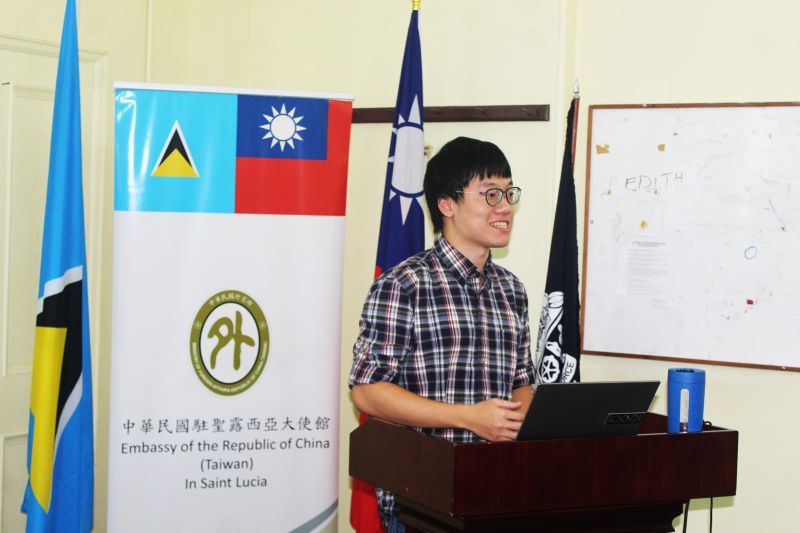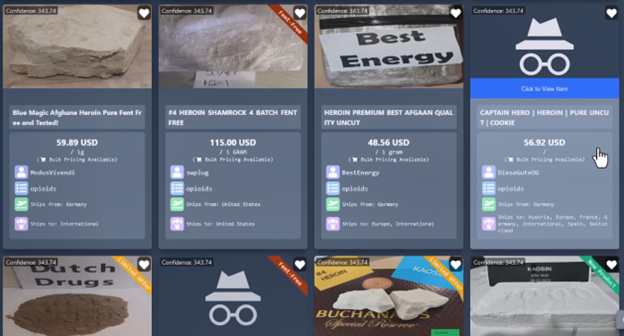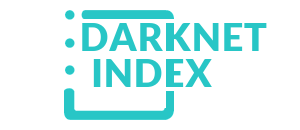The darknet, also known as the dark web, is a concealed section of the internet that's inaccessible via standard search engines. You can only access it using special software, settings, or authorization. This area comprises websites and content that are purposely kept hidden from public view.
Accessing darknet requires using Tor Browser, a special web browser that routes your internet traffic through a global network of relays managed by volunteers. This way, it becomes very difficult to trace which websites you're visiting, and these sites won't know where you are located.
When visiting the dark web, use a secure browser like Tor, do not reveal any of your personal information, and don't open suspicious files or links to stay safe.
The Darknet is often utilized for secure communication, discreet information or file sharing, anonymous research without identity exposure, and occasionally for engaging in illicit activities. It is also recognized for hosting underground black markets(darknet markets), whistleblowing platforms, and discussion boards that champion freedom of speech.
While accessing Darknet Markets themselves is typically not against the law in most places, engaging with illicit goods within them is generally considered a crime. On the other hand, some people might visit Darknet Markets for lawful purposes such as research, journalistic work, or simply to explore online communities. It's essential to know the local laws regarding online activities, and be cautious when using these platforms to avoid any potential issues.
Taiwanese Man Arrested for Operating Dark Web Marketplace
It was nearly 4 months ago. Lin Rui-siang, a young Taiwanese man with black-rimmed glasses and a white polo shirt, presented on "Cyber Crime and Cryptocurrency" in nearly fluent English to St. Lucia police officers. The training course, organized by the Taiwanese embassy where Lin worked in IT, was praised by the St. Lucia government. According to a press release, Lin taught 30 officers about the dark web and cryptocurrency tracing skills using his professional background. However, it was later revealed that Lin had allegedly run a dark-web drug market called Incognito. It facilitated the sale of over $100 million worth of narcotics before his arrest by the FBI at JFK airport. Lin worked at the Taiwanese embassy and Cathay Financial Holdings. He presented himself as a crypto-securities expert. But, he lived a double life as a dark-web figure. He was known as "Pharoah" or "faro".

The dark web has been a hub for illegal activities, and one recent case highlights the importance of cracking down on these criminal operations. On May 18th, 23-year-old Rui-Siang Lin from Taiwan was arrested at John F. Kennedy Airport in connection with his ownership and operation of the notorious “Incognito Market” - an online dark web narcotics marketplace. Lin, also known as Pharoah or Faro on the internet, will appear in Manhattan federal court.
Allegations say Incognito Market was a big online narcotics platform. It allowed users to buy and sell illegal drugs anonymously. Established in October 2020, the marketplace generated more than $100 million in sales before its closure in March. Lin, operating under the pseudonym Pharoah, was the mastermind behind the entire operation. He oversaw the employees, vendors, and customers of Incognito Market. He made crucial decisions to keep the multimillion-dollar business running smoothly.

Attorney General Merrick B. Garland emphasized that operating on the dark web does not exempt criminals from the law. Lin's alleged actions to traffic deadly drugs globally were met with serious consequences. U.S. Attorney Damian Williams for the Southern District of New York reiterated that criminal actors on the dark web will face justice, regardless of where they operate.
The FBI, Homeland Security Investigations, Drug Enforcement Administration, and Food and Drug Administration were key players in the investigation and eventual arrest of Rui-Siang Lin. Special Agent in Charge James Smith of the FBI New York Field Office highlighted the global scale of Lin's operation and the serious risks it posed to public health. The DEA also condemned Lin's actions, stressing that his profit-seeking behavior led to dangerous consequences for countless individuals.
In conclusion, the arrest of Rui-Siang Lin sheds light on the ongoing efforts of law enforcement to dismantle illicit drug networks, even those operating in the darkest corners of the internet. This case serves as a reminder of the importance of monitoring and investigating illegal activities on the dark web to protect public health and safety.
